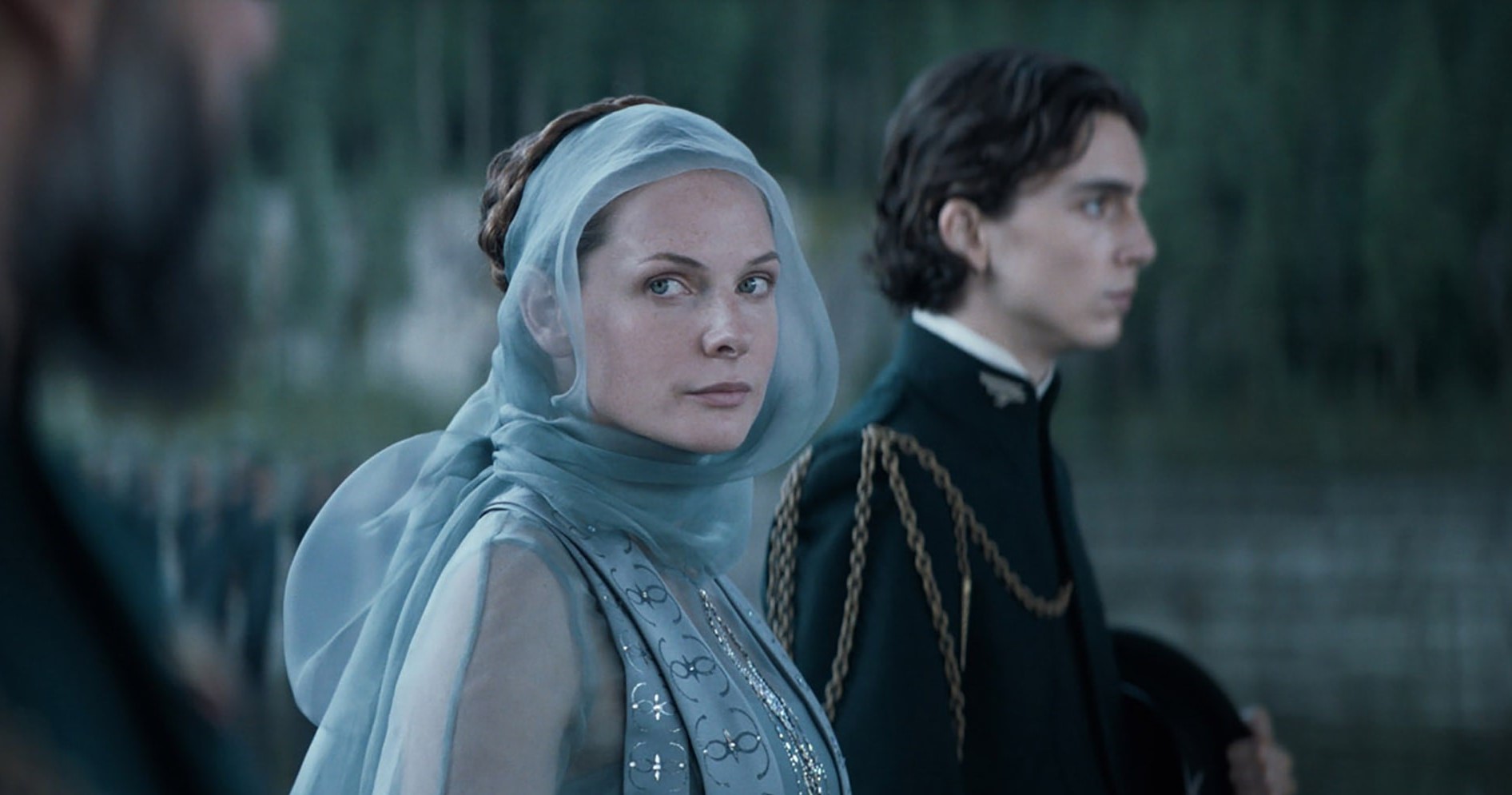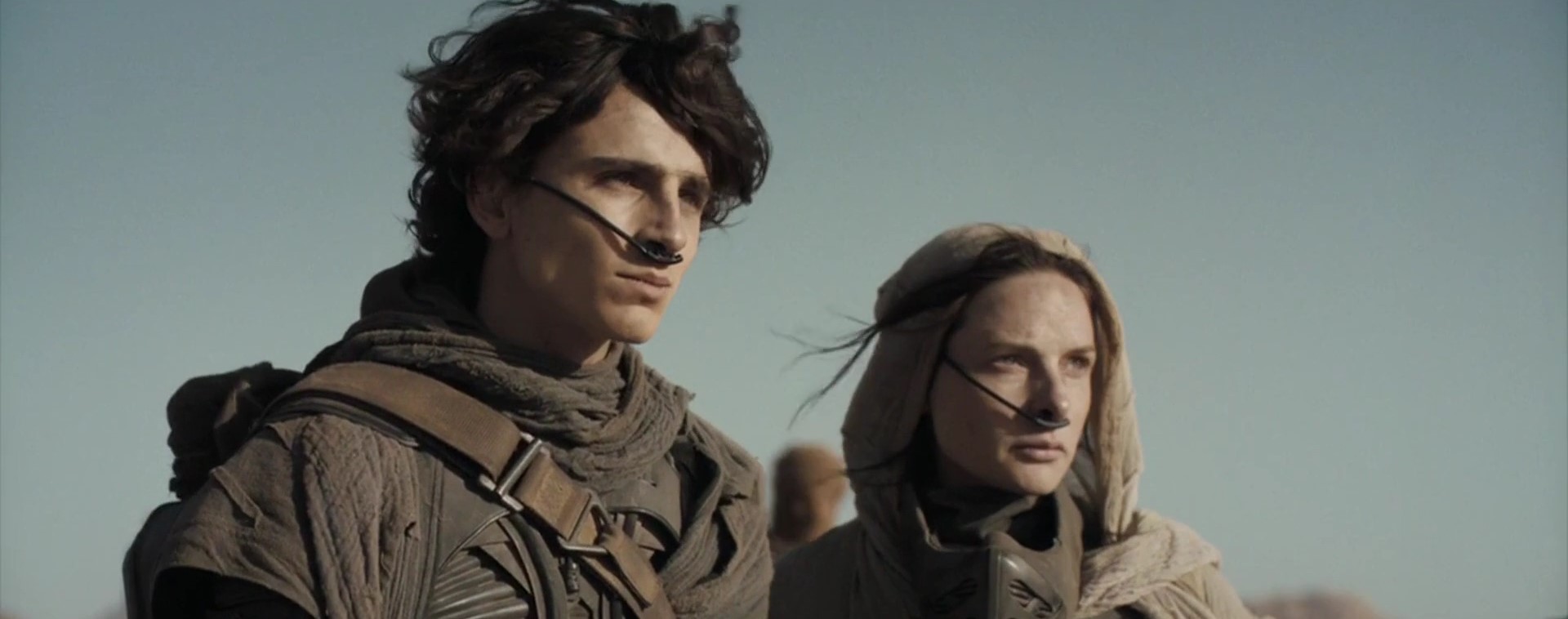Because of its complexity, Frank Herbert’s ‘Dune’ novels have intimidated science fiction filmmakers since the first book came out in 1965. Chilean-French filmmaker Alejandro Jodorowsky started to develop a project based on the first book of the series in the mid-1970s, but it ultimately collapsed. In the early 1980s, David Lynch, fresh off the success of ‘The Elephant Man,’ was hired to direct the ‘Dune’ film. When it finally came out in 1984, it received a mixed response from the critics and audiences alike. A TV miniseries, titled ‘Frank Herbert’s Dune,’ was released in 2000. But none of them arguably managed to maintain the precarious balance between the value of ‘Dune’ as a story and its worth as a piece of entertainment.
And that is where perhaps the triumph of Denis Villeneuve’s film lies. He made some decisions that might seem controversial to some book fans, but they ultimately paid off. For instance, the film’s seemingly abrupt ending. If you are wondering the reasons behind it, we got you covered.
Why Does Dune End So Abruptly?
To deal with the book’s scope, scale, and themes, Villeneuve decided to split the source material roughly into two parts and made the first film with the first part. “The book is so dense. It’s a story that takes its strength from details,” the director said in an interview. “So one of the very first things I said to Legendary was we should not make one movie, we should make two. The question was, when do we stop the first part? That took a while, sculpting the end to make sure the audience will feel like they’ve been through a full journey, a full arc for Paul Atreides, but at the same time, they would feel there’s something else coming after.”

After watching Lynch’s film, Villeneuve stated that he felt that he could approach the story in a different way that would be more faithful to the spirit of the book. “It kept growing in me, this idea,” he added, “I’m not here to compare myself to the master, I’m just here to say I think that I saw something else in this book.” The other half of the book is supposed to be covered in ‘Dune’ part 2, which Villeneuve would like to begin filming in 2022.
Does It Rain at the End of Dune?
No, it doesn’t rain at the end of Villeneuve’s ‘Dune.’ In the concluding scene of the film, Paul Atreides (Timothée Chalamet) and his mother Jessica are still at Arrakis, a desert planet, where the native people consider water to be the most valuable commodity, even more than the Spice, the most precious substance in the known universe. So, there is little chance of rain on Arrakis.
Herbert’s book doesn’t end with rain either. However, Lynch’s film does. In the final sequences of the 1984 film, Paul creates a link between Arrakis and Caladan, lush oceanic original seat of House Atreides, bringing rain to the former planet and commemorating his victory and ascent as the Emperor of the known universe.
Read More: What Are Paul Atreides’ Powers in Dune?


You must be logged in to post a comment.